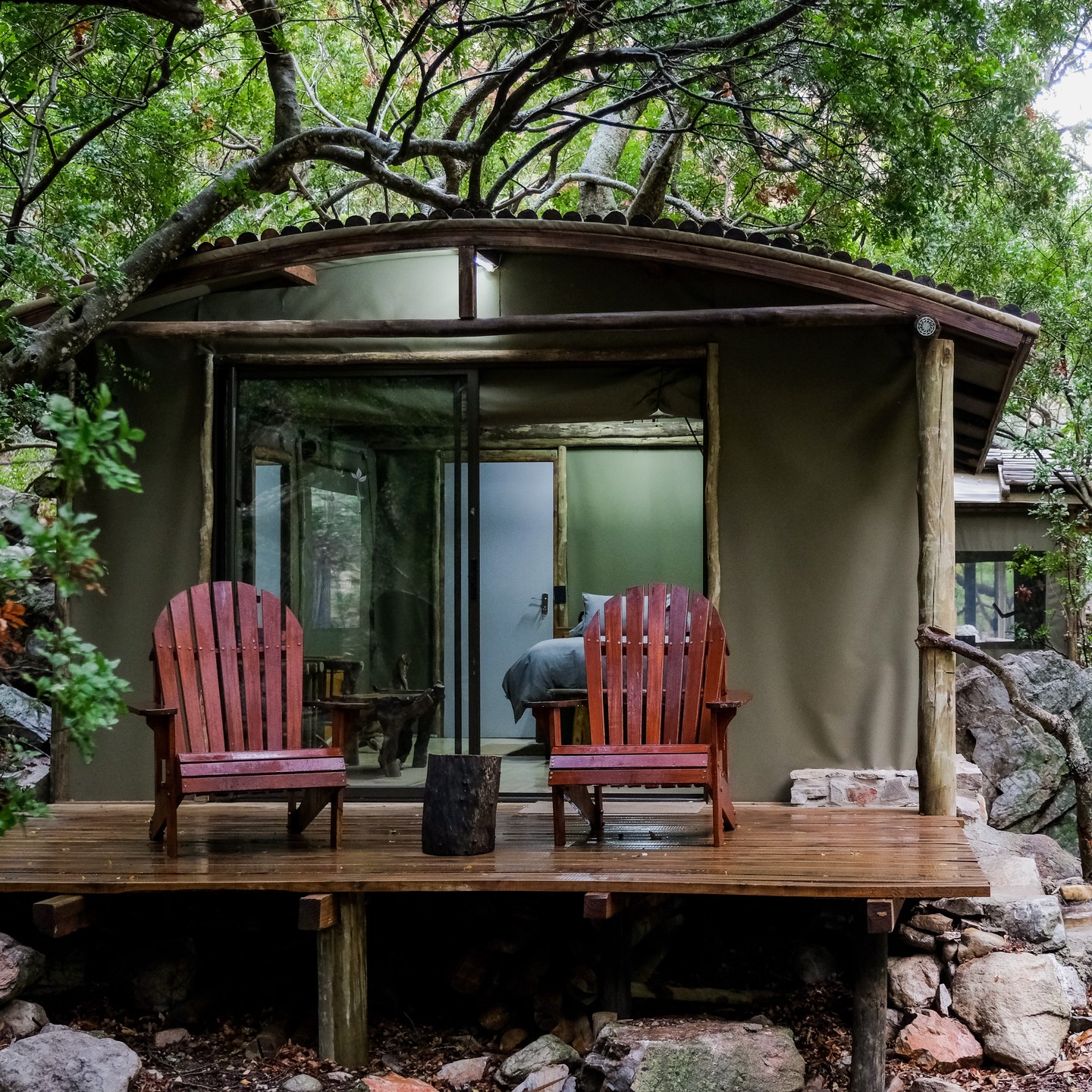Country Escapes: Making The Move To Rural Living

Table of Contents
Financial Considerations of a Country Escape
Embarking on a country escape requires careful financial planning. While the allure of rural living is strong, understanding the financial landscape is crucial for a smooth transition.
Property Prices and Costs
Rural property prices often differ significantly from urban areas. While you might find lower property taxes in some rural locations, the initial purchase price can sometimes be surprisingly similar, especially for desirable properties. Unexpected expenses can also arise.
- Lower property taxes: In many rural areas, property taxes are significantly lower than their urban counterparts, potentially offsetting some higher living costs.
- Higher renovation costs: Finding skilled contractors in rural areas can be challenging, often leading to higher renovation costs and longer project timelines.
- Potential for self-sufficiency: Growing your own fruits, vegetables, and herbs can significantly reduce your grocery bills, contributing to long-term savings. This contributes to the appeal of self-sufficient rural living.
Securing Financing for Rural Properties
Obtaining financing for rural properties presents unique challenges. Lenders may require higher down payments or stricter qualifications.
- Working with a rural property specialist: A realtor specializing in rural properties understands the nuances of the market and can guide you through the financing process.
- Exploring USDA loans: The United States Department of Agriculture offers loan programs specifically designed to assist individuals purchasing rural properties.
- Considering cash purchases: If possible, a cash purchase can streamline the process and avoid potential hurdles associated with securing financing in rural areas.
Ongoing Living Expenses
The cost of living in rural areas can be surprisingly varied. While some expenses might be lower, others could be significantly higher.
- Higher fuel costs: Transportation costs often increase due to greater distances to amenities and limited public transportation options. This factor is important when considering the cost of rural living.
- Lower utility bills: Depending on the location and energy sources, utility bills (electricity, water, heating) may be lower than in urban areas.
- Reliance on local farmers markets: Shopping at local farmers markets can provide fresher produce, but it may also mean higher prices compared to large supermarkets.
- Potential for barter systems: Building relationships within a rural community can lead to opportunities for bartering goods and services, reducing overall expenses.
Lifestyle Changes and Community Integration
A country escape involves a significant lifestyle shift. Adapting to a slower pace of life and integrating into a new community requires flexibility and a proactive approach.
Adapting to a Slower Pace of Life
Trading the constant activity of city life for the tranquility of rural living offers many benefits, but adjustment is essential.
- Reduced stress levels: The quieter pace and connection with nature can significantly reduce stress levels.
- Increased community involvement: Rural communities often foster a stronger sense of community, encouraging greater participation in local events and initiatives.
- Potential for isolation: The relative remoteness of rural areas can lead to feelings of isolation, especially for those accustomed to a busier social life.
- Altered work-life balance: The commute may be longer, but the slower pace of life can contribute to a more balanced work-life integration.
Building Connections in Rural Communities
Building strong relationships within a rural community is key to a successful country escape.
- Joining local clubs and organizations: Engaging with local groups allows you to meet people who share your interests and build connections.
- Attending community events: Participating in local events is a great way to integrate into the community and meet neighbors.
- Volunteering: Contributing your time and skills to local causes is a rewarding way to build connections and give back to the community.
- Getting involved in local politics: Participation in local governance demonstrates your commitment to the community and offers opportunities to influence local decisions.
Access to Amenities and Services
One of the key differences between city and rural living is access to amenities and services. Be prepared for potential limitations.
- Limited access to healthcare facilities: Healthcare services might be more limited in rural areas, requiring longer travel times for specialized care.
- Specialized shopping: Finding specific goods and services may require traveling to larger towns or cities.
- Internet access: Internet speed and reliability can be significantly lower in rural areas compared to urban centers. This is a key consideration for those who work remotely.
- Public transportation: Public transportation is often less frequent and extensive in rural areas, necessitating reliance on personal vehicles.
Practical Considerations for a Smooth Transition
Planning for a smooth transition is essential for a successful country escape. Addressing practical matters beforehand minimizes potential setbacks.
Employment Opportunities in Rural Areas
Securing employment in a rural area requires strategic planning, considering the available job market and the possibility of remote work.
- Tourism jobs: The hospitality and tourism industries often thrive in scenic rural areas, creating various job opportunities.
- Agricultural jobs: Farming and related agricultural jobs are prevalent in many rural communities.
- Remote work opportunities: The rise of remote work has opened up new possibilities for those who can work from anywhere with a reliable internet connection.
- Self-employment options: Starting your own business, such as a home-based bakery or craft shop, can be a viable option in some rural communities.
Essential Services and Infrastructure
Assessing the availability of essential services before relocating is crucial for a comfortable transition.
- Distance to hospitals and doctors: The proximity of healthcare facilities is a critical factor to consider, especially for individuals with specific health needs.
- Internet speed and reliability: Reliable internet access is crucial for remote workers, online education, and general communication.
- Public transport availability: Evaluate the availability and frequency of public transportation to determine your reliance on personal vehicles.
- Reliance on personal vehicles: Rural living often necessitates a personal vehicle for commuting, shopping, and accessing essential services.
Preparing for Potential Challenges
Rural living presents unique challenges that require preparation and resilience.
- Dealing with power outages: Power outages are more frequent in some rural areas, requiring preparation for extended periods without electricity.
- Winter storms: Depending on the location, harsh winter conditions can severely impact daily life.
- Long travel distances: Long distances to amenities and services require careful planning and consideration of travel time.
- Finding support networks: Building strong social connections is essential to combat potential feelings of isolation in a rural setting.
Your Dream Country Escape Awaits
Moving to a rural area involves significant financial, lifestyle, and practical considerations. However, the rewards – a slower pace of life, stronger community ties, and improved well-being – can be immense. By carefully weighing the pros and cons and planning meticulously, you can transform your dream of a country escape into a reality. Start your search for the perfect rural property and plan your country escape today! Embrace the charm of country living and find your ideal rural living situation.

Featured Posts
-
 Darwin Shop Owner Stabbed To Death Teenager Arrested In Nightcliff
May 25, 2025
Darwin Shop Owner Stabbed To Death Teenager Arrested In Nightcliff
May 25, 2025 -
 Alterya Joins Chainalysis Boosting Blockchain Security With Artificial Intelligence
May 25, 2025
Alterya Joins Chainalysis Boosting Blockchain Security With Artificial Intelligence
May 25, 2025 -
 10 Must See British Pop Films For Movie Buffs
May 25, 2025
10 Must See British Pop Films For Movie Buffs
May 25, 2025 -
 Italian Open Zheng Qinwen Scores First Win Against Sabalenka
May 25, 2025
Italian Open Zheng Qinwen Scores First Win Against Sabalenka
May 25, 2025 -
 Naomi Kempbell 55 Rokiv Na Podiumakh Foto Ta Istoriya Legendi
May 25, 2025
Naomi Kempbell 55 Rokiv Na Podiumakh Foto Ta Istoriya Legendi
May 25, 2025
